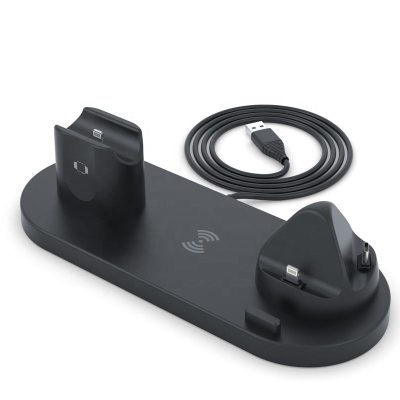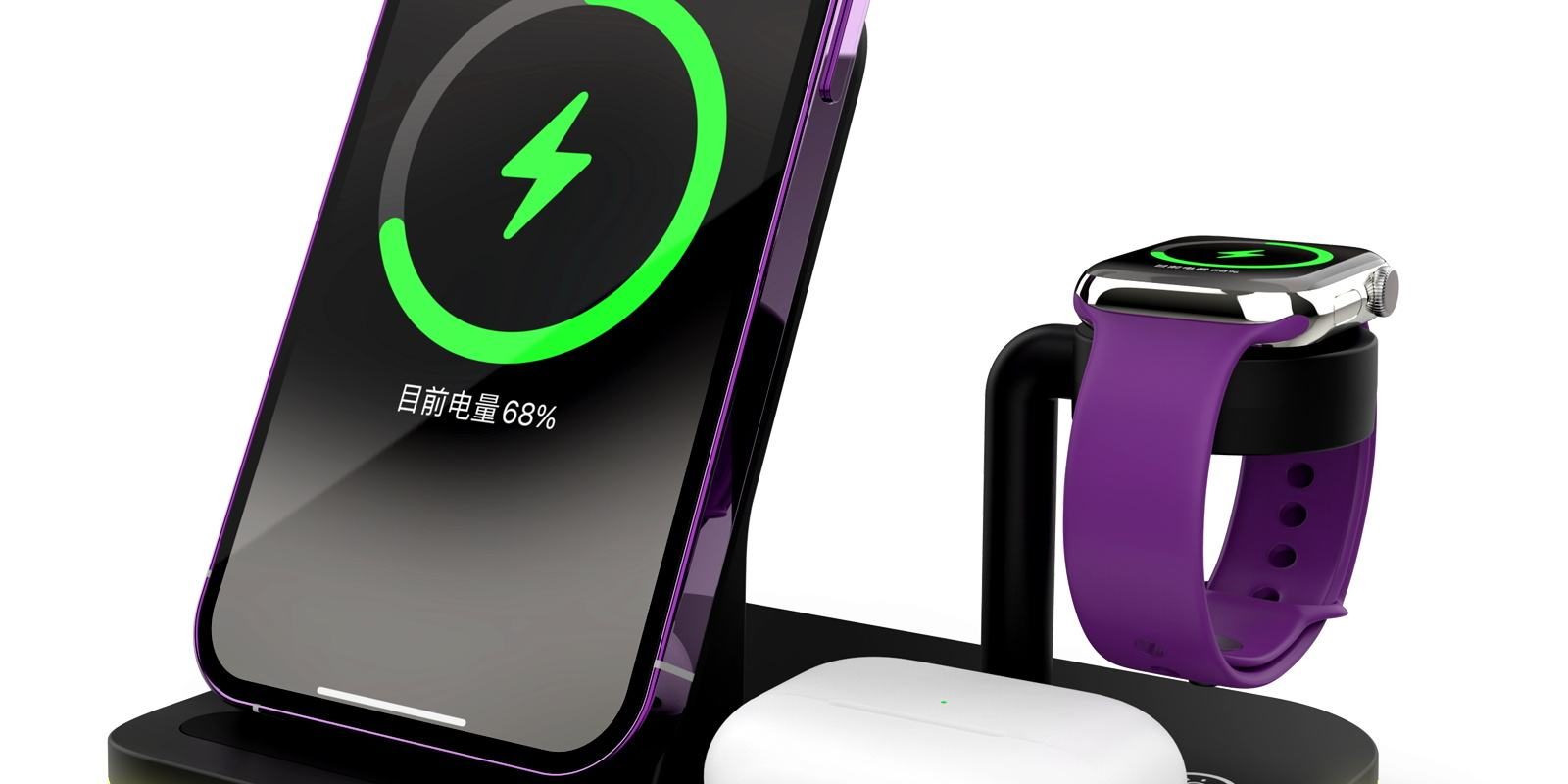Wireless charging stations, as an emerging and increasingly popular charging solution, pose the question: are they worth investing in? The answer depends on various factors, including personal needs, budget, usage scenarios, and requirements for convenience and aesthetics. Below is a detailed analysis of the pros and cons of wireless charging stations, as well as their suitability for different scenarios.
Advantages of Wireless Charging Stations
-
Convenience
- Wireless charging stations eliminate the need for plugging and unplugging charging cables, simply requiring users to place their devices on the charging pad to start charging. This greatly enhances the convenience of charging.
- Wireless charging stations can be integrated into furniture, such as lamps, tables, and cabinets, making charging more flexible and discreet.
-
Aesthetics
- Modern wireless charging stations are often designed in sleek and elegant styles that can complement any interior decor.
- Wireless charging stations can serve as decorative or artistic pieces, enhancing the overall aesthetic appeal of a space.
-
Safety
- Wireless charging stations typically come with safety features such as over-temperature protection and short-circuit protection, ensuring safe and reliable charging.
- The lack of exposed connectors in wireless charging reduces potential safety hazards such as electric leakage and power outages.
-
Expandability
- Wireless charging stations can not only charge smartphones but also smartwatches, TWS earbuds, and other wearable devices, expanding the scope of charging applications.
- As technology advances, wireless charging stations will support more devices and scenarios, such as wireless charging for electric vehicles.
Disadvantages of Wireless Charging Stations
-
Higher Cost
- Wireless charging stations are usually priced higher than traditional wired chargers, increasing the initial investment cost.
- The maintenance cost of wireless charging stations may also be higher, especially for high-end or complex designs.
-
Charging Efficiency
- The charging efficiency of wireless charging is typically lower than wired charging, especially when devices are low on battery or the charging station’s power is insufficient.
- Wireless charging may generate waste heat, affecting charging efficiency and device lifespan.
-
High Technical Requirements
- Wireless charging technology requires precise alignment and positioning, which may affect charging performance if not met.
- The repair and technical support for wireless charging stations may be relatively complex, requiring professional knowledge and skills.
Suitable Scenarios for Wireless Charging Stations
-
Home Environment
- Wireless charging stations can be placed in living rooms, bedrooms, study rooms, and other areas, providing convenient charging for family members.
- Wireless charging stations can be integrated with furniture, enhancing the cleanliness and aesthetics of the home.
-
Office Environment
- Wireless charging stations can be placed in offices, meeting rooms, and other areas, providing convenient charging for employees and visitors.
- Wireless charging stations can serve as decorative pieces in the office, enhancing the overall atmosphere.
-
Public Places
- Wireless charging stations can be placed in shopping malls, restaurants, cafes, and other public places, providing convenient charging services for customers.
- Wireless charging stations can serve as a value-added service in public places, enhancing customer satisfaction and loyalty.
Conclusion
Whether wireless charging stations are worth investing in depends on personal needs and budget. If you prioritize convenience, aesthetics, and safety, and are willing to bear the higher initial investment and maintenance costs, then wireless charging stations may be a good choice. However, if you are sensitive to charging efficiency, technical requirements, and cost, then traditional wired chargers may be more suitable for you.
In summary, wireless charging stations, as an emerging and increasingly popular charging solution, offer convenience, aesthetics, and safety, but also come with higher costs, lower charging efficiency, and high technical requirements. When deciding whether to invest in wireless charging stations, it is important to consider personal needs, budget, and usage scenarios comprehensively.









